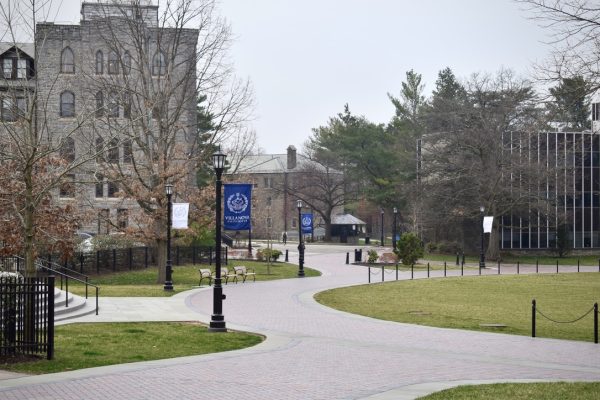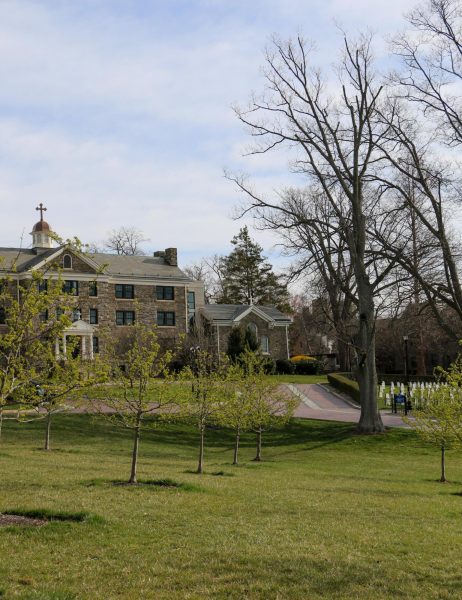How necessary is the Mendel Science Experience for Liberal Arts?
April 30, 2015
As a student who is clearly more oriented in the arts or social sciences, I always find my natural science classes to be difficult. It’s not that science isn’t interesting or that it is taught poorly, it is simply an area of academia which I struggle to understand.
After a year off from science during my successful freshman year, I realized, dreadfully, that I had to take two terms of a “Mendel Science Experience,” also known as MSE course, with an additional one-credit lab.
Unfortunately, my GPA also quickly realized I was taking science classes.
This is obviously a problem for high-achieving students who struggle to master the material of science, but it also interferes with the ability to put a maximum effort into classes that contribute more to my career goals. As an English major, taking a Philosophy or Theology course does, in fact, contribute to my reading and writing skills, while learning about the atmospheric makeup of Mars does not help prepare me for a job in journalism or teaching.
I do, to an extent, agree with the counterargument, however, the value of a liberal arts education is unmatched. Taking a math course is important to develop the ability to think quantitatively. Engaging in discussions about ethics is necessary for our development as citizens of the world.
And guess what? I do understand and agree that basic science is part of our physical existence on Earth.
But two terms of science with two labs is far too much of a distraction from our chosen field of study, and a burden, on an arts student in the College of Liberal Arts.
To me, taking one course in science is plenty. Fine, toss in the lab too just to give college students something else to complain about.
Why must arts students take two terms of a Mendel Science Experience? If an arts student enjoys science, he can sign up for another MSE course. But if an arts student takes his first MSE and realizes he would rather be focusing their energy on courses about James Joyce or the American short story, he should not be forced to take another science course.
Along this topic, I believe that there is an opportunity for the science department to offer a more diverse variety of courses for students who aren’t as interested in astronomy or physics. I find astronomy to be an intriguing field, but what about students who would want to pursue something more in the realm of biology, chemistry, or environmental science?
Of the courses offered this term, 15 of the 27 offerings were in Astronomy. The department only offers one course on human anatomy and physiology, no courses about animal behavior and only two about science topics which can be related to other disciplines in arts (a course on climate and society as well as a course about “the science of art”).
And believe me, these science courses fill up with arts students rushing to fulfill their requirements.
So here’s the solution: arts students should only be required to register for one Mendel Science Experience course with one lab, and the department should offer a more diverse course selection.
This change wouldn’t jeopardize the jobs of faculty in the department; offering more diverse courses would supply more opportunities for members of the science department. Likewise, this would also narrow down the total number of students in each course, making these courses more stimulating for the students and positively challenging instructors to incorporate science in collaborative learning methods.
Maybe you aren’t as much of an English nerd as I am and maybe you aren’t even in the College of Liberal Arts. Nevertheless, it is imperative for the administration and students to realize the benefits of making adjustments to our Mendel Science Experience courses to improve the learning experience for the students of the College of Liberal Arts.





